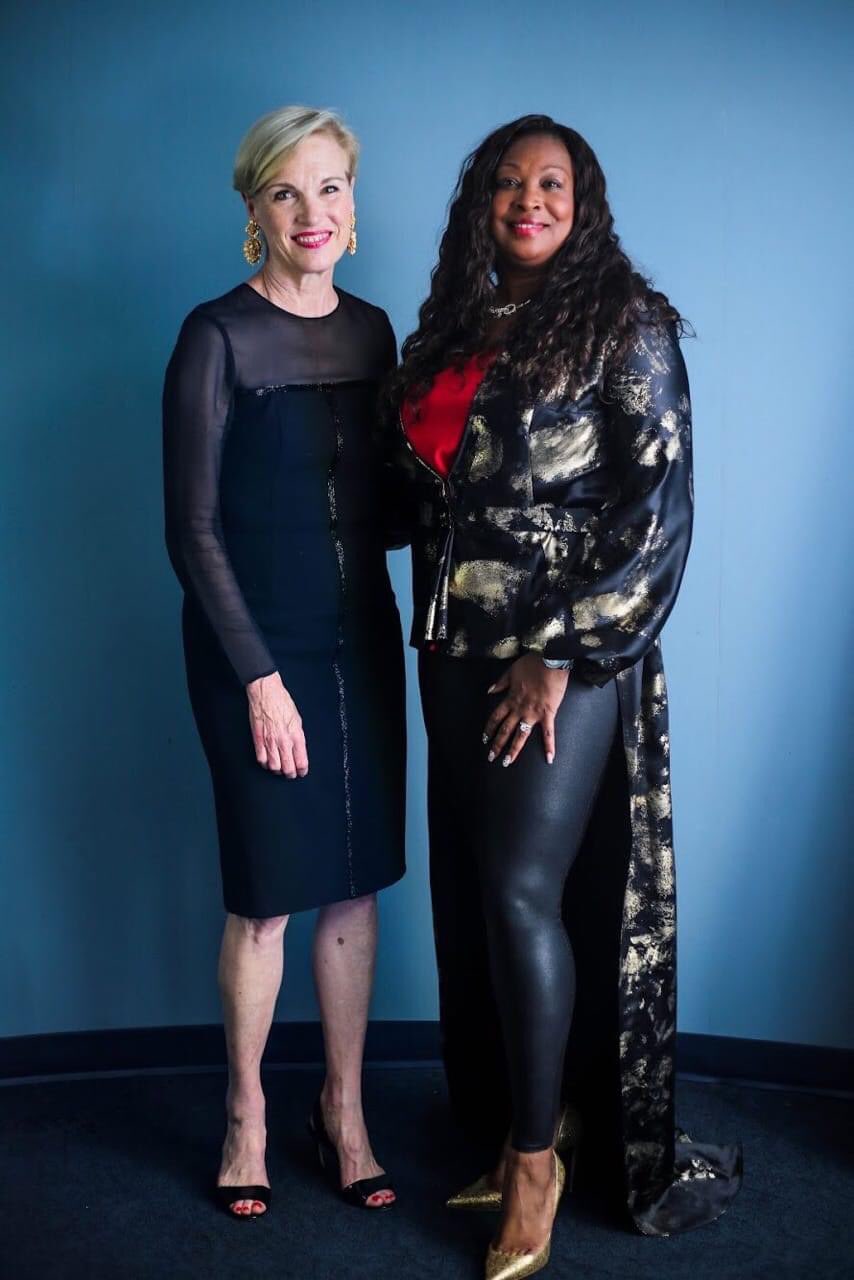
Finding your passion or true calling in your job is possible. But what’s the best way to find them? In this article, we’ll discuss how you can use these traits to your advantage. By identifying your positive characteristics, you can tap into them to make your career better. You might decide to change roles or adjust your routine to play up your positive traits. If you’re naturally generous, you might tap into that trait by volunteering your time or by trying new things more often.
Finding your purpose is a lifelong journey
To find your purpose, stop playing the victim. The reality is that all circumstances in your life are a direct result of your decisions. Instead, take responsibility for the good things that happen in your life. Identify the times in your life when you are happiest and most passionate. Those times will be the best times for you to seek your purpose. Your purpose will become clear as you pursue them.
If you are passionate about running, for example, find a cause related to that passion. You might want to train to be faster and more persistent. But you don’t have to challenge Usain Bolt to become a world-class runner. A powerful purpose is usually born out of pain, and finding it can be a daunting task. Be kind to yourself and practice self-compassion and self-awareness to help you find it.
You must also find ways to apply your values in different contexts. To do this, create pauses throughout the day. These pauses are particularly valuable when you are in transitions. Pause to take a deep breath and consider how your next activity connects with your deeper values. This process will strengthen your values in your mind and deepen your sense of purpose. That’s why it’s so important to seek your purpose.
It helps you achieve meaningful goals
One of the ways to find your purpose is to explore your strengths and your interests. It doesn’t necessarily mean you have to make a career change, but you should consider what you like doing the most. For example, if you enjoy giving haircuts, your purpose might be to help people feel beautiful. Similarly, if you love performing arts, your purpose could be to offer free performances to children in need. Regardless of what your purpose is, you should be sure to reflect on it regularly.
Living your purpose can be scary, but it’s crucial to remember that you need to take baby steps to get there. Take small action steps each day towards your goal. These small steps will add up to a larger goal. And you’ll be surprised at how quickly it starts to come true! It’s always easier to achieve large goals if you take smaller ones. Identify the obstacles you face and take the right action to overcome them.
Knowing your purpose will help you to separate what is important from what isn’t. Most people’s lives are consumed by things that are not meaningful. Many people are consumed with money, a bigger house, and a fleet of cars. But when someone is living with purpose, they have a clear vision of what’s important. Without a purpose, life will feel empty, unfulfilling, and pointless.
It helps you find your true passion
If you’ve ever been asked, “What is your purpose?” you’ve probably already know that it’s to help people, but you may not be sure what it is. Passion is a feeling you get from doing something you love. Sometimes, you’re good at something, but that doesn’t mean you’re passionate about it. For instance, you might be good at making spreadsheets, but that doesn’t mean you’re passionate about them. But if you’re passionate about something, you’ll feel it, and you’ll find it enjoyable.
Once you know what your passion is, you can decide how to pursue it. Begin by making a bucket list. A bucket list is a list of things you hope to do before you die or that you look forward to doing in the future. Think about what you love and what you’ve always wanted to do. Think about the things that bring you joy and make you feel good. Think about the things that matter to you most in life.
In addition to finding your purpose, you should also consider your strengths. If you’re naturally generous and love performing, you might be best suited to give back to the community by volunteering or presenting live musicals to children. If you’re naturally creative, you might want to explore your hobbies by making art or teaching a new skill. Whether you’re a painter, writer, or horticulturist, finding your purpose is the first step toward authentic self-empowerment.